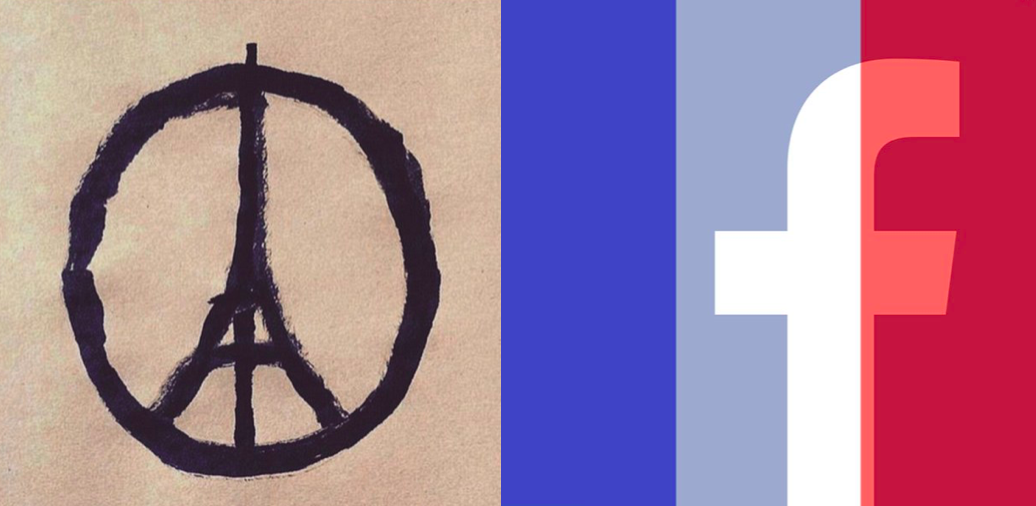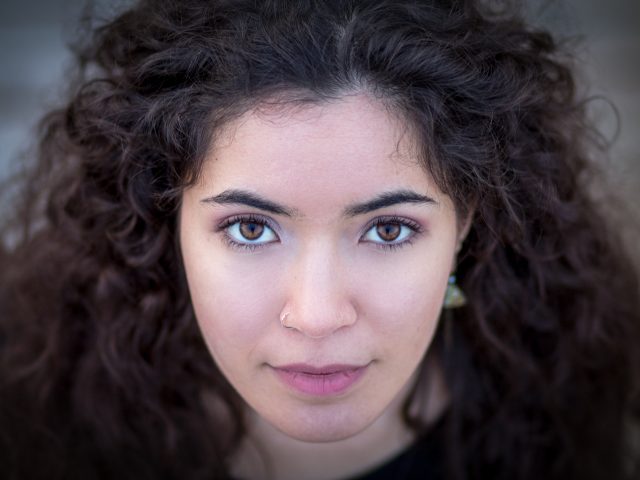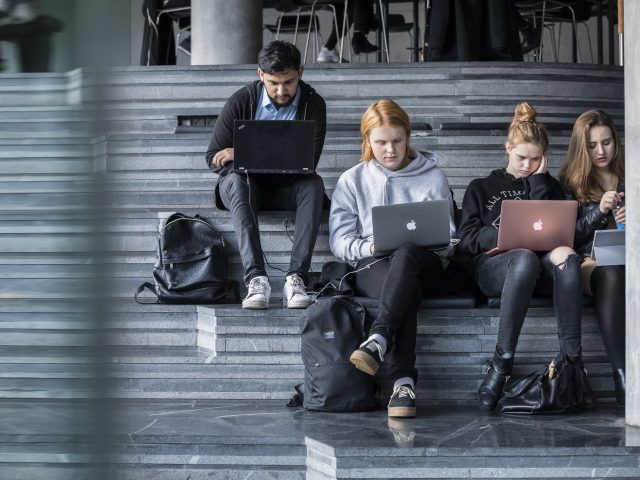The Paradox of the Profile Picture Filter

As yet another terror attack strikes Europe, social media abound with sympathy posts, quotes and pictures. But does a like, filter or hashtag really change anything, or are they on the contrary contributing to the terrorists' agenda? Perhaps our French flag profile pictures aren't as supportive as we think.
It’s Wednesday morning and I’m scrolling through my news feed. The various newspaper and media sites I’ve liked or are following are telling me about a horrible happening in Manchester, England. A bomb has gone off at a concert and at least 20 people are killed and more than double the amount is injured.
Throughout the day I see dozens of friends and family members post pictures and quotes that are associated with the attack. With plenty of #prayformanchester and a few shared articles on who did it and why, I recognise a pattern that has occurred on social media every time a terror attack hits. And I start to wonder if this is in reality is making things better or just a false illusion of a way to make things better?
I may sound cynical to disclaim people’s well-meant intentions and sympathy towards other’s personal catastrophe, but what good are hashtags, likes or pictures actually when it comes to defeating the tragedies in our society?
As a millennial, I have surrendered myself completely to the modern ways of receiving news via mobile phone and online platforms. Constant coverage has been a part of my upbringing and I have therefore always been confronted with the ongoing development and troubles both locally and internationally.
The news tell me about the world around me and questions me about the truth of it all. Coming to me in constant streams, I tend to forget the majority of what I read in detail. The last couple of years however, Islamic State (IS) has been a permanent word in my digital vocabulary and I get reminded about them every day – from the news on tv, to the online articles and now also the posts and pictures on social media. The terror organisation has embedded theselves in my online consciousness and they stand clearly as an epitome of evil and a threat to the state of our otherwise well established society.
So what is the problem with this constant presence of IS on my feed? Is it not relevant that I and everyone else get informed about their horrible actions and destructive intentions? Is it not our knowledge of them that will ultimately help us defeat them? Though it may seem hard to disagree with, I only believe this to a certain extent.
Our Facebook updates can be seen as a countermove to defeat terrorism.
As I see it, there lies a paradox in the way Western media and we ourselves are cooping with the problems regarding an organisation as IS.
Taking advantage of the digital age, several news media gain access to videos and pictures from the victims of the attacks. This provides the viewers and readers with first hand impressions and a bigger sense of truth, as it feels like we ourselves are there with them. We connect with the victims and feel sympathy, as we see their bloody wounds and state of shock. We relate to them and distance ourselves to the people and the values that have resulted in this tragic happening. We even take the time to post a picture in solidarity and show our disgust with the ideologies that encourage these kind of attacks.
The thing about terrorism is that it intends to scare us and it intends to let us live a life in fear. The goal of terrorism is to terrorise and isn’t this exactly what IS manages to do, when we so and the media so eagerly express our hate towards them?
Our news, media and Facebook updates about the attacks can therefore be seen as a countermove to defeat terrorism. Because terrorism remains to win as long as it is implemented in our mind set.
So when we add a Tricolour filter to our profil pictures to easily indicate our stand towards terrorism, all it really does is just to remind us of the presence of terrorism and that ultimately is the terrorisation terrorists want.
Now it may all become very cynical, as there off course can be some heartfelt intentions behind our uploads and shared stories and pictures, but perhaps we should just allow ourselves to be more reflective on what we upload and share – even if they are with the best intentions. Because your hashtag or filter can’t end this raging fire called terrorism, but it can maybe more easily function as fuel to keep the flames alive.
Therefore it may seem as though we need to stop the solidarity posts, because as long as we are not confronted with the terror attacks, especially through the news feed on our social medias, then attacks lose momentum. Not in the personal sense, as the families of the victims will forever be aware of their loose. But what relevance is this of people who have never met the victims, nor ever been to the city that has been attacked.
But how do we interfere then, if what we believed to be a solution is actually the problem?
This is the challenge that lies ahead for a millennial in a digital age. We have to be aware of our actions everywhere – even when it comes down to choosing a hashtag.
































































































































I this article brings up an intersting point. Personally I am not very good at keeping up with the latest news and have missed the last several terrorist attacks by days. I mostly hear they happened, but without going into further detail. While I do feel for the victims, their family and aquantainces, my own daily life goes on. By not overly invovling myself in this I feel like I keep perspective of how few people commit these act and how small the risk of me suffering an attack still is. That perspective helps me not be afraid of Islam, people who practice it and refugees who may or may not share that faith. I feel like I can see and accept the many, who are loving, kind people and those in need of help. They may be different yes, but not dangerous. So I have accept that the risk of danger has increased, but remains small and I trust in those who can act against it on a larger security scale are doing what they can to keep it as minimal as possible.